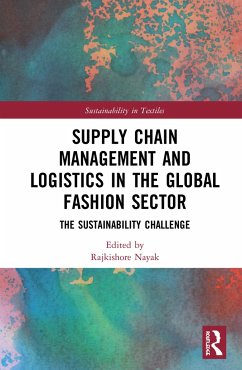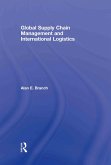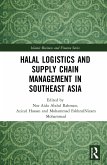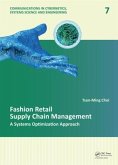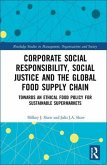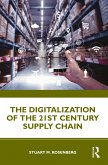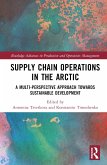The ways in which we design, make, transport and then discard clothes has a huge social and environmental impact. This book covers responsible business practices and sustainability in the fashion industry from the raw fibre stage, through production, to the point of customer consumption. The concepts of responsibility and sustainability are fast becoming essential factors in business decisions and Supply Chain Management and Logistics in the Global Fashion Sector leads the reader through the multiple stages in the supply chain that can impact on business strategy. A perfect resource for students studying fashion and for those working in the sector who wish to identify the latest thinking as they plan sustainability strategies, the book is divided into four clear sections. Part I of the book examines sustainability in the supply chain by identifying the three pillars of sustainability (social, economic and environmental) and considers how fashion brands are innovating in this area. Part II looks at fashion logistics and supply chain operations by assessing fibre, yarn and fabric considerations, logistical issues for both garment production, and service delivery, stock control, transportation, barriers and risks. Part III develops the logistics theme further by identifying recent trends and case studies that highlight agility and lean management structures, and the application of transparency enhancing radio frequency identification (RFID). This section further applies modelling and simulation techniques from the automotive and pharmaceutical industries to the fashion sector. Part IV considers how sustainability can be embedded into the multi-tiered fashion supply chain and its selling environment.
Hinweis: Dieser Artikel kann nur an eine deutsche Lieferadresse ausgeliefert werden.
Hinweis: Dieser Artikel kann nur an eine deutsche Lieferadresse ausgeliefert werden.

